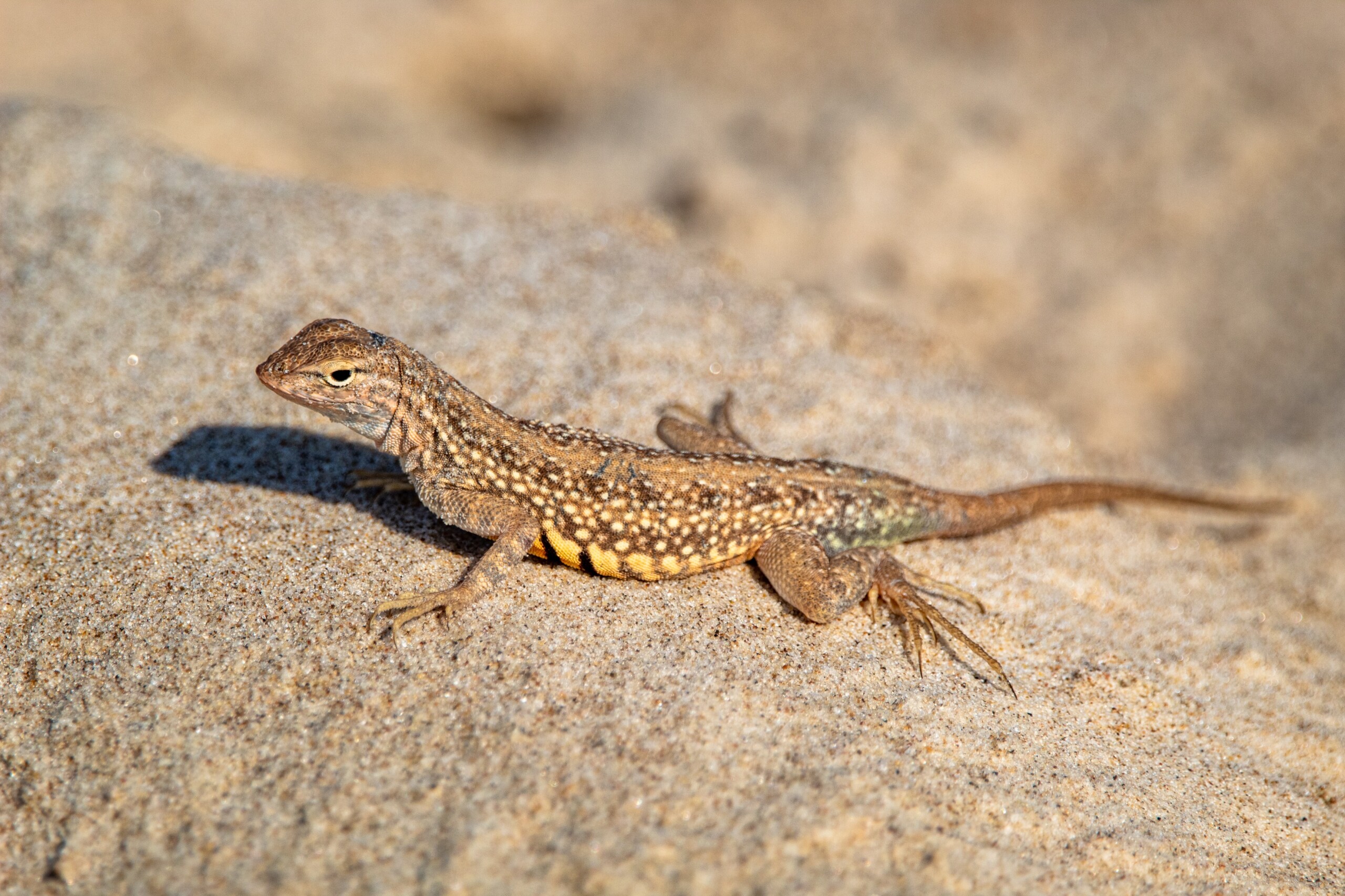Issues
Interior Considering Free-Market Plan For Lesser Prairie Chicken. This week, the U.S. Fish and Wildlife Service (FWS) announced it is considering a habitat exchange program to conserve and protect the Lesser Prairie Chicken. The exchange, led by the Environmental Defense Fund, is part of a broader stakeholder conservation strategy (SCS) aimed at offsetting potential impacts to the bird. E&E News (sub req’d) reported on the program:
“{The SCS} is different from a similar effort known as the rangewide conservation plan led by the Western Association of Fish and Wildlife Agencies (WAFWA). Both plans seek to allow energy developers to offset their impacts to the prairie chicken by paying mitigation fees so landowners can conserve and restore habitat — though they have some key differences.
“…The SCS has three main components: the habitat conservation plan, which facilitates the issuance of an incidental take permit; the habitat credit exchange, which allows developers and landowners to barter over the conservation of chicken habitat; and the Habitat Quantification Tool, which helps determine what energy companies must do to mitigate their projects.”
Members in the SCS include a number of energy, agricultural, conservation, and government organizations. Alongside the Environmental Defense Fund, members include the Nature Conservancy, BP, Chesapeake, Chevron, SandRidge, Exxon Mobil, the Colorado Cattlemen’s Association, the Oklahoma Farm Bureau and others. The FWS will make a final decision on whether or not to list the prairie chicken as threatened at the end of March 2014. If approved, the listing would impact the bird’s range in Kansas, Oklahoma, Texas, New Mexico and Colorado.
Kansas Attempting to Assert State Sovereignty Over Lesser Prairie Chicken. On February 12th, the Kansas Senate passed Senate Bill 276, a bill that would remove authority from the federal government to set policies on the Lesser Prairie Chicken or any of the activities that may impact its habitat.
Sen. Powell (R-Garden City) supported the bill stating, “Kansas has authority over things that do not fall under interstate commerce, and I think the prairie chicken does not fall into that category.” Both he and Sen. Ostmeyer (R-Grinnell) also highlighted the impact such a listing would have on economic, energy, and agricultural development in the region. Others including Senate Minority Leader Hensley (D-Topeka) and Sen. McGinn (R-Sedgwick) were unsupportive of the bill, highlighting in the Topeka Capital Journal that the bill is “inviting a lawsuit” and would likely lead to litigation fees. The bill will now move to the House following its 30-10 approval in the Senate.
Utah Seeks Money to Fight Potential Sage Grouse Listing. The state of Utah is requesting $2 million to support a campaign to delay a federal listing of the Greater Sage Grouse for ten years. The Salt Lake Tribune reports:
“The Natural Resources, Agricultural and Environmental Quality Appropriations Subcommittee on Thursday endorsed the $2 million request along with about 40 others proposed by committee members. …The sage grouse money would be spent on outside consultants selected by the Department of Natural Resources, according to Rep. Mike Noel, R-Kanab, who requested the appropriation. The contractor would develop legal strategies, ‘educate’ members of Congress and conduct public outreach, according to legislative intent language from Noel.”
The Utah Public Lands Policy Office is also seeking roughly $1 million in funding. The money would be utilized to sue the federal government in an effort to prevent the federal listing of the grouse under the Endangered Species Act (ESA).
In the News
Threatened listing brings mixed outcome for populations. E&E News (sub req’d). While the federal government has spent billions of dollars to save more than 1,500 species considered endangered or threatened, it has had mixed success. Indeed, a group of House Republicans argue that 2 percent of the animals and plants protected under the Endangered Species Act have been taken off the list. Last week, lawmakers released a plan to overhaul the legislation, which included emphasizing species recovery and delisting.
FWS failed to use ‘best available science’ in delisting — review panel. E&E News (sub req’d). The Interior Department failed to use the best available science and relied heavily on a controversial study to justify its proposal last summer to remove Endangered Species Act protection for wolves in most of the United States, according to an independent peer review. The report commissioned by the Fish and Wildlife Service and led by the University of California, Santa Barbara, was a potent rebuke of the agency’s bid to delist wolves everywhere except for Arizona and New Mexico.
Nevada panel weighs in on sage grouse options. Reno Gazette Journal. A state panel appointed by Nevada Gov. Brian Sandoval to try to head off protections for sage grouse says that a course of action preferred by two federal agencies contradicts mandates to manage public lands for multiple use. The Sagebrush Ecosystem Council, in a late January response to the federal government, also says a draft environmental impact statement should address beneficial aspects of livestock grazing and predator control.
Protect sage grouse from the Endangered Species Act. The Missoulian (Guest Column by Julia Altemus, Montana Wood Products Association). One could debate whether the recent recommendations by Gov. Steve Bullock’s Greater Sage Grouse Advisory Council went too far to protect the bird or not far enough. There certainly have been concerns expressed from both camps. However, one thing is certain: The best way to protect the bird, and the people who share its habitat, is to keep the sage grouse off the Endangered Species list.
Conservation applications being accepted. Portales News Tribune. The Western Association of Fish and Wildlife Agencies (WAFWA) is now accepting applications through Feb. 28 from agricultural producers in lesser prairie chicken range willing to implement conservation practices to benefit the species, according to a WAFWA press release. Practices include activities such as mechanical brush removal, prescribed grazing, and establishment and management of planted native grass stands, the press release said.
Independent Peer Review Panel Rejects Science Behind Secretary Jewell’s Proposal to Delist Wolves. Huffington Post (Op-Ed by Leda Huta, Endangered Species Coalition). The Endangered Species Coalition and many other organizations in the conservation community have long contended that Secretary Jewell’s proposal to kick wolves off the Endangered Species List is unscientific and deeply flawed. It is a plan based on political science in place of sound conservation science — as is called for by the Endangered Species Act.



